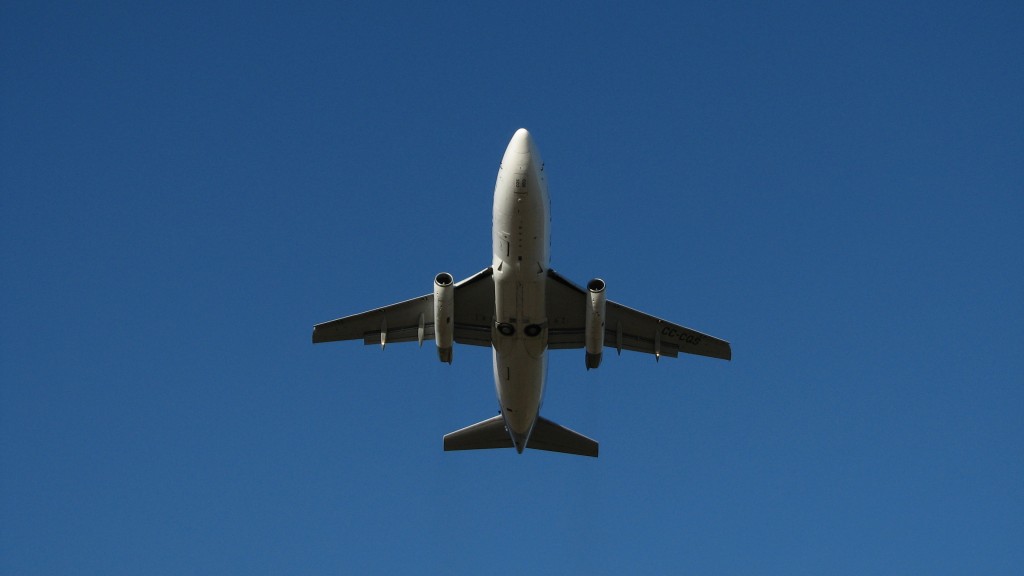Following a disastrous few weeks for Heathrow Airport, when even celebrities like Joan Collins took to Twitter to complain about huge delays upon arrival, the Department of Transport has announced the decision to launch the second phase of the Operational Freedom trial.

The aim of this project is to decrease congestion in the airport’s four terminals, make the process of passport control smoother for travellers and help the aircraft operate in a more environmentally friendly manner.
The second phase of the scheme will run from 1 July 2012 until the end of March 2013, meaning that summer holidays this year could be a much less stressful affair than in the years before Operational Freedom began. The first phase began on 1 November 2011, and finished in February this year.
Operational Freedom allowed officials to explore alternative ways of utilising the runways and facilities the commercial property airport had to offer. For example, runways could be used for overspill flights caused by delays, or even catching up with timetables caused by factors such as bad weather.
One of the biggest aspects of the project is the focus on the environment. Due to other flight delays, aircraft can sometimes be left to circle the airport a few times before landing, thus using more fuel and releasing more pollutants into the atmosphere. However, by allowing officials to utilise all of the runways available, owners BAA Limited hope that these delays can be lessened or prevented entirely, making the surrounding areas of Heathrow Airport cleaner for residents and staff.
BAA Airside Director Tim Hardy says; “This trial does not mean an increase in the number of flights operating in and out of Heathrow.
“However, with Heathrow operating at full capacity, we need to look at ways to strengthen resilience, which will bring benefits to the local community through fewer late-running flights, to passengers by providing a more punctual service, and to the environment by reducing aircraft stacking and emissions.”
The first phase of the trial was proven to be a great success, with punctuality, reductions in fuel emissions and less congestion caused by taxiing aircraft reported. However, it remains to be seen whether phase two will allow Britain’s busiest airport to cope with the influx of visitors for the Olympic Games this summer.